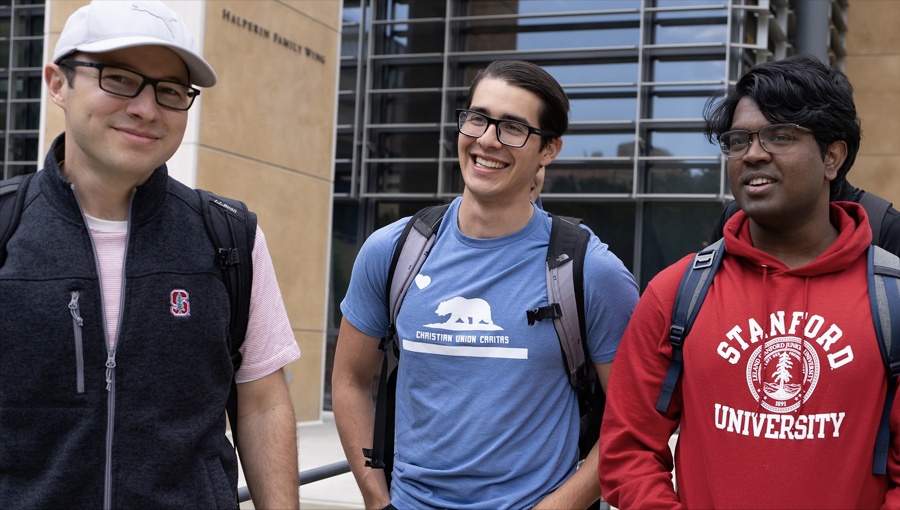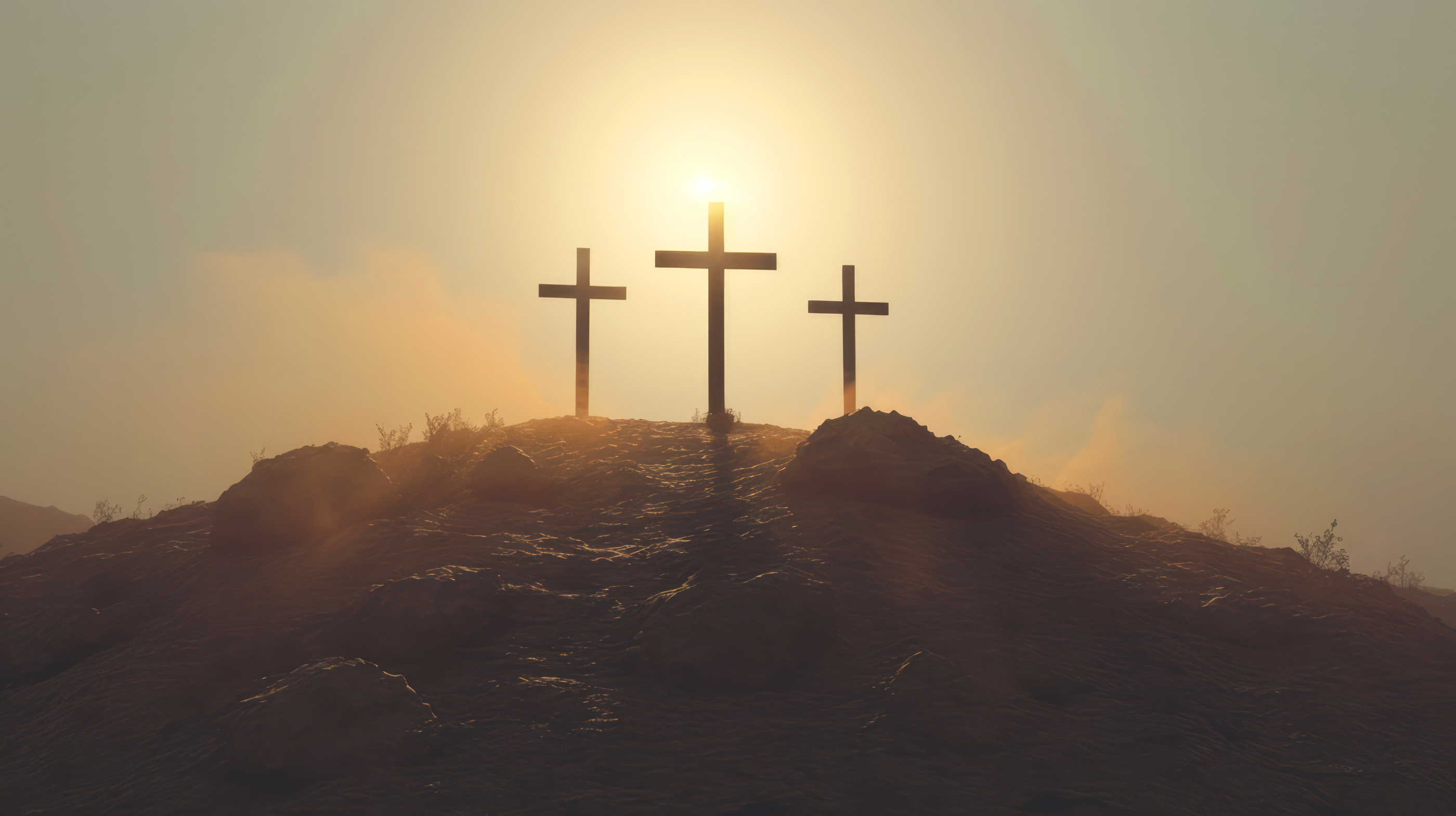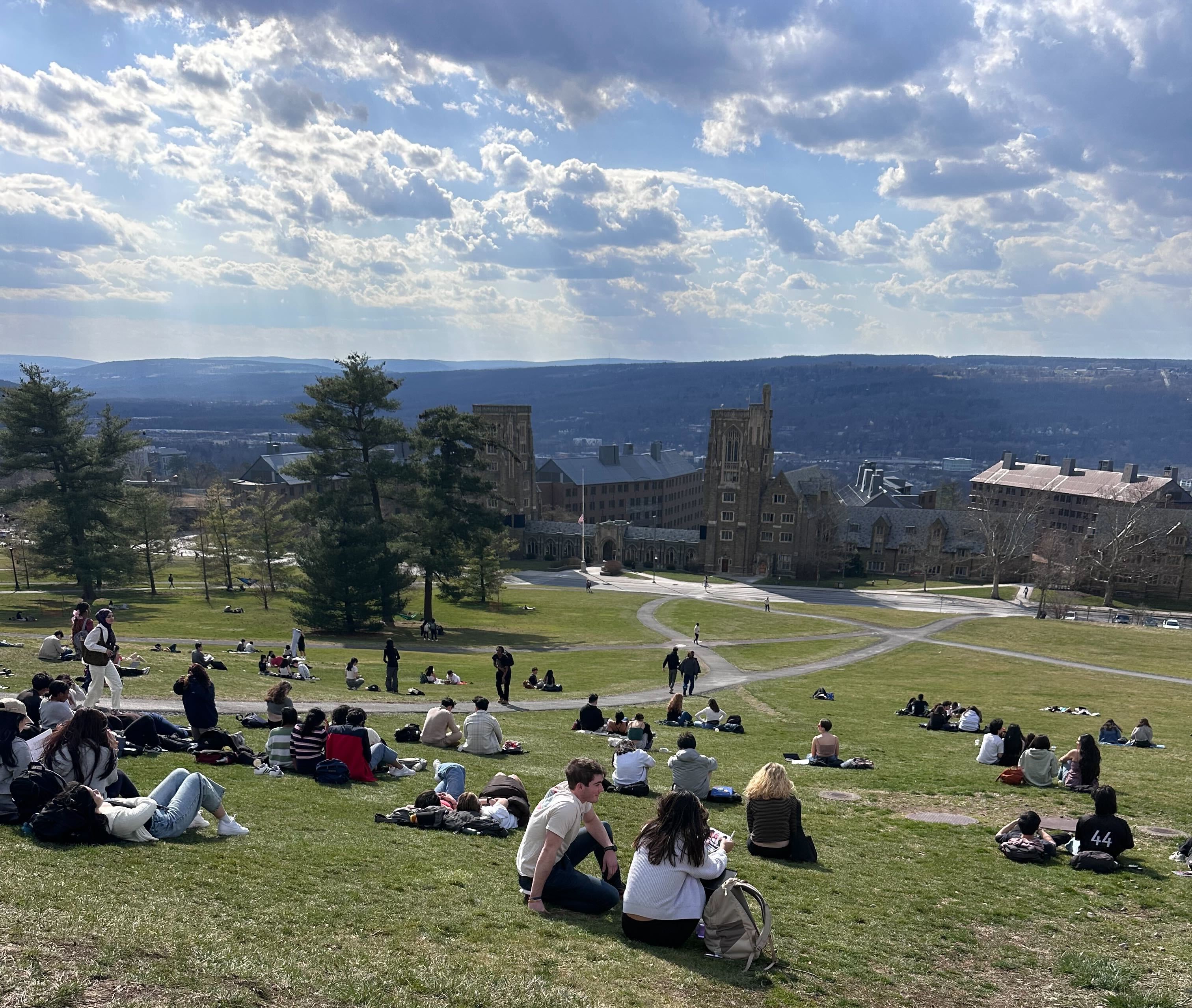Princeton Professor Exhorts International Students
By Catherine Elvy, Staff WriterMiracles serve as a profound revelation of the love of God, who also actively sustains creation.
The Lord demonstrated immeasurable compassion toward mankind in the greatest miracle of the universe, namely the resurrection of Christ from the dead.
"I believe in the grand miracle," said Robert Prud'homme, a Princeton University professor of chemical and biological engineering, during a recent dinner for International Students, Inc. "There is nothing more miraculous than that."
In September, Prud'homme served as the featured speaker for the organization's monthly friendship dinner.
About 75 people attended the potluck event on September 19 at Lutheran Church of the Messiah in Princeton. The local chapter targets international students and scholars from area institutions, including Princeton.
As a scientist, Prud'homme noted he has wrestled with some of the purported miracles of modern Christendom, especially with the ones hyped from the realms of televangelism.
"I found miracles actually to be quite embarrassing," said Prud'homme. "As a physical scientist, I see the rules by which nature works. Miracles seem like cheating."
However, the Bible remains the ultimate guidebook for believers. The miraculous accounts of the Old Testament and New Testament form the "foundational records of the history of our Christian faith," said Prud'homme.
Top among those cherished, ancient accounts are the parting of the Red Sea in Exodus and the conversion of the Apostle Paul in Acts.
"The Israelites crossed the Red Sea safely. Paul encounters Christ in a magical vision. He writes most of the letters of the New Testament," said Prud'homme. "The miracles are there. They are in the Scriptures."
Still, as a scientist, Prud'homme said he appreciates the references within Exodus 14 to the natural phenomenon central to one of the most dramatic rescues of history.
Namely, Exodus 14:21 explains that after Moses stretched out his hand over the sea, the Lord "drove the sea back with a strong east wind and turned it into dry land."
The Israelites crossed over the dry land with a "wall of water on their right and on their left."
The account in Exodus readily discloses the metrological conditions concurrent with the miraculous pathway. "There's no cover-up," said Prud'homme. "However, the parting of the sea to enable the Jews to flee is, in all respects, a miracle from the hand of God."
Likewise, miracles are not just events or spectacles. The purpose of miracles is to bring glory to God, and they are consistent with His nature.
"God is the sustainer of creation," said Prud'homme, who completed a graduate studies program in environmental science and public policy from Harvard University in 1973.
Hebrews 1:3 explains, "The Son is the radiance of God's glory and the exact representation of His being, sustaining all things by His powerful word."
For its part, science reflects the supreme intelligence of God and the pronounced order He established throughout the universe.
Still, "I don't believe nature is the way it is because it is obeying a set of mathematical equations, such as Newton's law of gravity. The laws of nature are statements of how God chooses to operate in the world," Prud'homme said.
"There is no tension between 'science' and 'the actions of God.' They are both the actions and continual sustaining work of God."
As for Prud'homme, the director of Princeton's engineering biology program accepted Christ as his personal Savior during high school. He credits InterVarsity Christian Fellowship (www.ivcf.org) for grounding his faith during his undergraduate studies at Stanford University.
As well, Prud'homme served as president of the U.S. Society of Rheology and on the executive committee of the American Institute of Chemical Engineers' materials science division. He also served on the Nanotechnology Scientific Advisory Committee for BASF, which provided guidance for trends in nanotechnology.
For this scientist and believer, the greatest miracle remains the resurrection of Christ, something that cannot be explained by the disciples promulgating fraud or Christ not actually dying upon the cross.
"You're not going to have 11 people dying for a lie," said Prud'homme.
Ultimately, miracles reflect the care and compassion of the Creator, and such instances provide opportunities for believers to share the news of the goodness of God with the world.
"The essence of a miracle is telling how much God has done for you," Prud'homme said. "A miracle is a revelation of how much God cares."
As for International Students, the local outreach has a busy lineup of activities and noted speakers for the monthly friendship dinners for 2014-15. In 1976, John Desai founded the Princeton chapter, which seeks to share Christ's love with foreign students and equip them for evangelical service.
During the September dinner, Prud'homme left listeners with a final thought. Namely, science cannot explain the concept of love, but it is compatible with the principles of Christianity.
As such, "my faith is encouraged when I see God at work," he said. "God is in control."












